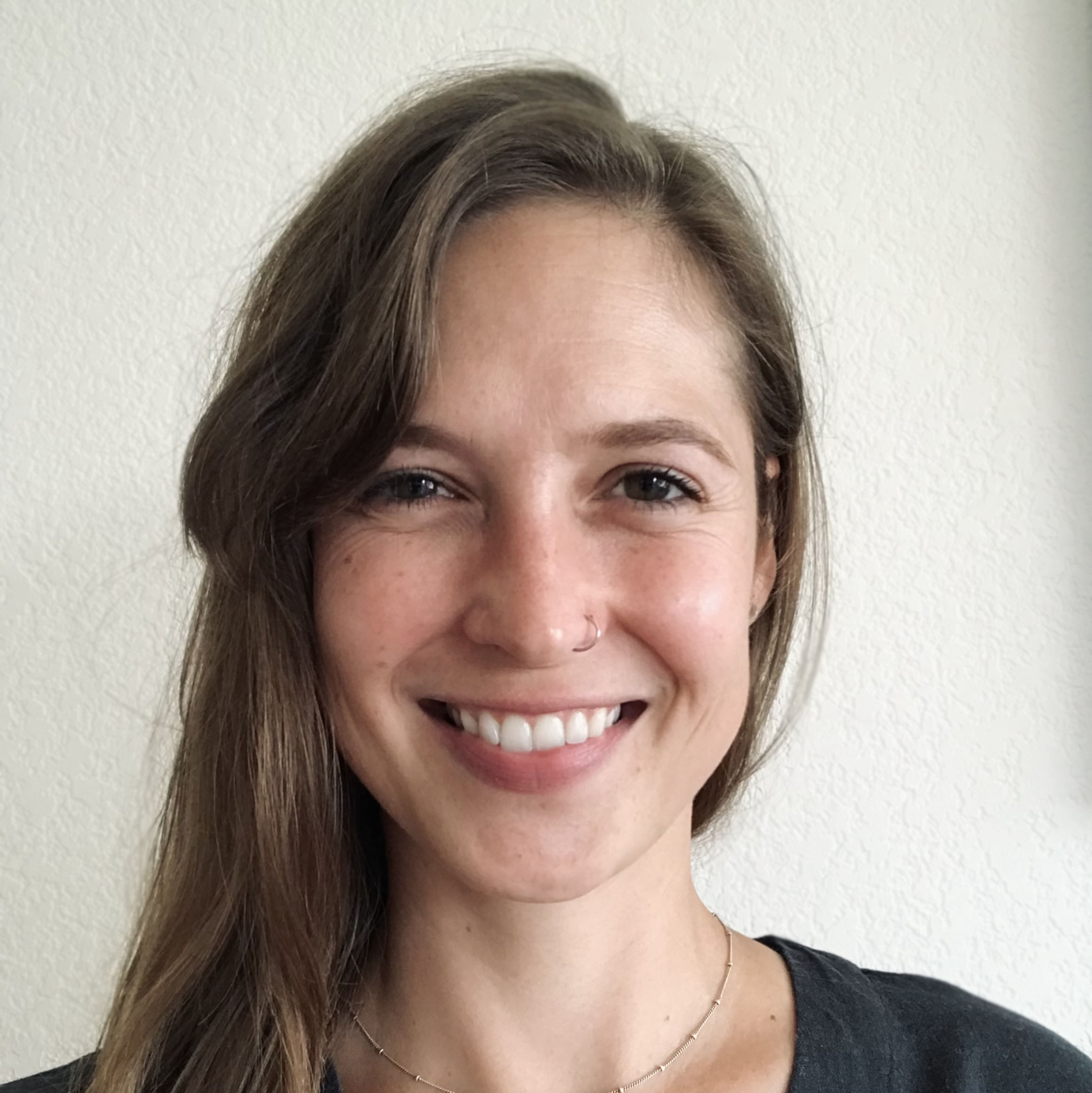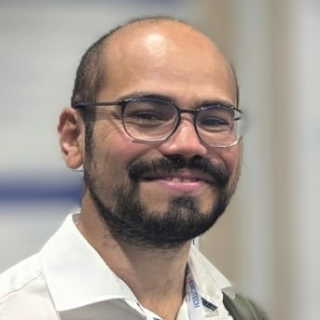
Gabriel J. Starrett, Ph.D.
- Center for Cancer Research
- National Cancer Institute
- Building 37, Room 4128
- Bethesda, MD 20892-4263
- 240-760-6896
- gabe.starrett@nih.gov
RESEARCH SUMMARY
Our group studies the contributions of tumor viruses, including polyomaviruses and papillomaviruses, to the development of cancer using sequencing, bioinformatics and classical wet bench molecular biology. Primarily, we are exploring the mechanisms through which these viruses trigger instability of the host cell genome that leads to integration of the viral genome and mutagenesis.
Areas of Expertise

Gabriel J. Starrett, Ph.D.
Research
Our major projects make use of high-throughput sequencing to study viral infections in various disease states. Polyomaviruses and papillomaviruses are ubiquitous non-enveloped DNA viruses that can cause cancer in humans. Polyomaviruses upregulate the mutagenic enzyme APOBEC3B through direct effects of the large tumor antigen. Additionally, polyomavirus genomes show the scars of a long-term evolutionary conflict with these antiviral mutagenic enzymes. In a recent study, we showed evidence for acute APOBEC3 mutagenesis of the viral genomes present in kidney transplant recipients suffering from BK polyomavirus-associated nephropathy.
Solid organ transplant recipients are at an increased risk for developing bladder and kidney cancers, especially if they have a previous history of BK viremia. A growing body of evidence supports the idea that BK polyomavirus plays a causal role in bladder cancer carcinogenesis. In collaboration with Eric A. Engels, M.D., M.P.H., of the Division of Cancer Epidemiology & Genetics and others, we are studying the genomic and transcriptomic features of bladder cancer and how these correspond to the presence of DNA tumor viruses and possible mechanisms of tumorigenesis.
Our group enjoys an extensive range of collaborations with other NIH and extramural labs. We are collaborating with Jim DeCaprio (Dana Farber Cancer Center) to study the mechanisms of virally induced Merkel cell carcinoma. We also have collaborative projects investigating the role of viruses in sebaceous carcinoma, pruritic keratoses, and other skin diseases.
Publications
Clinical and molecular characterization of virus-positive and virus-negative Merkel cell carcinoma
Polyomavirus T-Antigen Induces APOBEC3B Expression using a LXCXE-Dependent and TP53-Independent Mechanism
Functional upregulation of the DNA cytosine deaminase APOBEC3B by polyomaviruses
Evidence for Virus-Mediated Oncogenesis in Bladder Cancers Arising in Solid Organ Transplant
Biography

Gabriel J. Starrett, Ph.D.
Dr. Starrett received his bachelor’s degree in medical microbiology and immunology from the University of Wisconsin—Madison. He then earned a Ph.D. from the Microbiology, Immunology, and Cancer Biology program at the University of Minnesota—Twin Cities where he was a recipient of the National Science Foundation Graduate Research Fellowship. His thesis work in the lab of Reuben Harris, Ph.D., focused on the functional overlap of APOBEC3 enzymes in cancer and antiviral immunity, especially regarding polyomaviruses. During his graduate career, he received several awards including the MICaB Outstanding Graduate Student Award and the Milne & Brandenburg Award for exceptional research. He did his postdoctoral fellowship with Christopher Buck, Ph.D., Senior Investigator in CCR’s Laboratory of Cellular Oncology, where he studied the genetics of small and mid-sized DNA viruses from various environmental and disease sources. In 2019, Dr. Starrett was selected as the inaugural NIH Independent Research Scholar, and in 2021 he started as a Stadtman Tenure-Track Investigator in the Laboratory of Cellular Oncology.
Job Vacancies
We have no open positions in our group at this time, please check back later.
To see all available positions at CCR, take a look at our Careers page. You can also subscribe to receive CCR's latest job and training opportunities in your inbox.
Team
News
Bringing the Pieces Together: CCR-DCEG FLEX Awards. Read about our collaboration with Dr. Eric Engels (DCEG) studying bladder cancers of solid organ transplant recipients and the potential role of viruses in oncogenesis.
Genomic Landscape of Sebaceous Tumors. Read about or study in collaboration with Dr. Michael Sargen (DCEG) on the comprehensive characterization of the genomics and evolution of sebaceous neoplasms.


